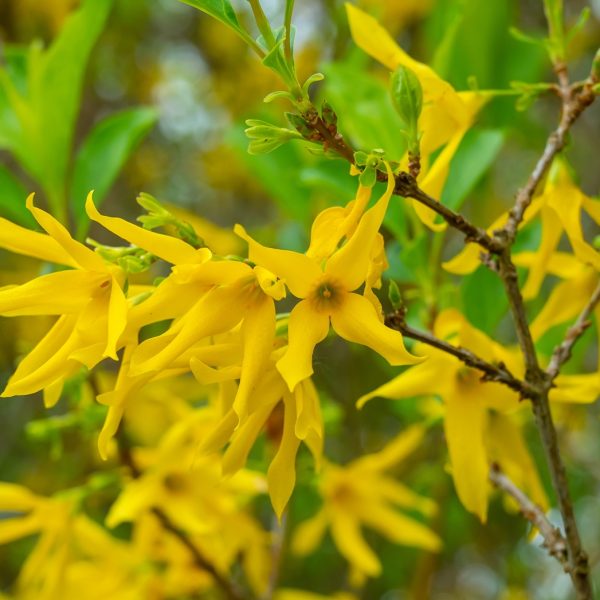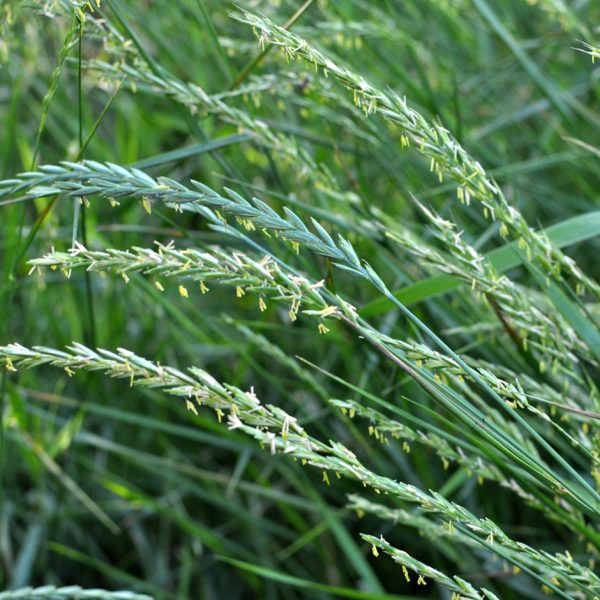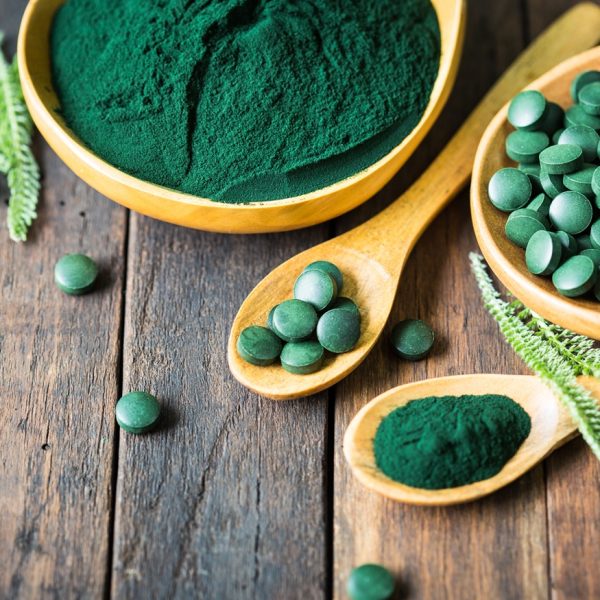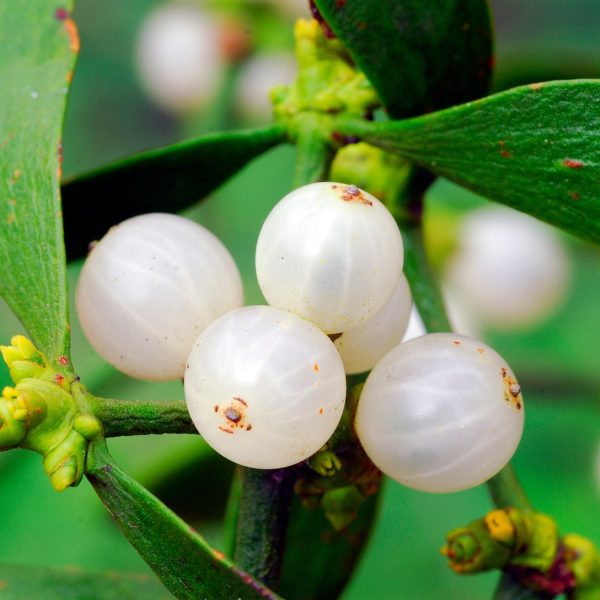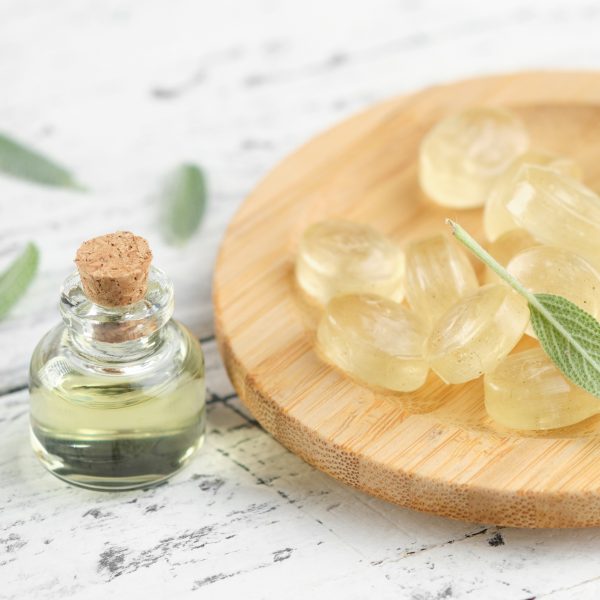Ageing is a natural process. The changes to our bodies however do not tend to be linear or consistent. We explore the root of elderly health.
Understanding elderly health

Ageing is a natural process, generally referring to the accumulation of molecular and cellular damage over time, and subsequent increased risk of age-related disease. These changes however do not tend to be linear or consistent and are only loosely associated with a person’s actual age (1). This suggests that as we enter the elderly years, it does not necessarily need to mean a complete decline in health, if we are aware of how to best support physical, mental, and emotional health, and in how to adapt to the physiological changes which naturally occur during these later years of life.
The elderly population is increasing as people are living longer than ever, not only in high-income countries, but now also in low and middle-income countries life expectancy is increasing (1). Although modern medicine typically focuses on treating disease and prolonging life, the real importance for elderly health is above maintaining longevity in years, to prioritise delaying the onset of many chronic health conditions (ageing better) and sustaining quality of life for as long as possible, which includes activity, independence (not needing to be cared for), and health. This is where herbalism and a holistic approach can come into its own, providing a natural yet powerful source of support to all aspects of physical, mental, and emotional health during elderly years.
How does elderly health work?
With age comes natural changes to our physiology and how we function, the body’s adaptive capacity to maintain homeostasis (a healthy state of balance) when under stress decreases. This impact on homeostasis can lead to a decline in physical, emotional, and mental health (2).
Whilst there are some variations in older people’s health based on genetics, most are actually due to people’s physical and social environments, which have effects on how they age. Maintaining healthy behaviours throughout life, in particular eating a balanced diet and engaging in regular physical activity contributes to a reduced risk of non-communicable diseases, improves physical and mental capacity, and delays care dependency (1).
This suggests that elderly health can be greatly affected by the lifestyle choices we make not just in elderly years, but throughout our lifetime, which is promising as there is a lot that can be done in terms of prevention to maintain health during elderly years.
Understanding the root of elderly health
The ageing process varies greatly in terms of how it impacts on the health and daily living of each individual. However, there are some common themes at the root of the physiological changes which occur with age and contribute to the general landscape of elderly health and what can arise during this season of life.

Characteristics of the ageing body
Wear and tear
Wear and tear accumulates in the body with age, as cellular repair and replacement slows down, circulation is impaired and levels of anti-oxidants in the cells decreases. Over many years, this increase in wear and tear can lead to an increase in allostatic load (maladaptive processes in the body) (3).
Anabolic and catabolic activity
Anabolic and catabolic activity in the body changes, which can reflect how we age, as there seems to be a shift from anabolic (building up) metabolism which is more active in youth, to increasing levels of catabolic (tearing down) activity. This can lead to a loss of muscle mass as we age, and it is often seen with a relative increase in body fat.
Inflammation
Inflammatory levels seem to increase as we age, this includes the potential for age-related inflammatory diseases such as heart disease, Alzheimer’s, diabetes, arthritis, atherosclerosis, and cancer, and circulation slows down.
Oxidative stress
Oxidative Stress refers to the stress put on the body by an increase in free-radical production. Free radicals are compounds produced through normal metabolism, and which under normal circumstances (when the body is in a state of homeostasis), are fairly easy to control. Stress and some disease states can increase the presence of free radicals, causing oxidative stress and damage at a cellular level. Because with age the body is less well able to adapt to stress and maintain homeostasis, it becomes more prone to oxidative stress, and therefore to the development of age-related health conditions.
However, it is now thought that the process of cellular ageing caused by oxidative stress can be slowed down and in some cases even mildly reversed, with the help of antioxidant support, which is again where herbalism can come into its own, with herbs which provide antioxidant support, whilst also helping to increase the body’s resilience to stress through their adaptogenic action (2).
Low gastric acid
Gastric secretion declines with age, many people aged 65 years or older have abnormally low gastric acid, which can lead to poor nutrient absorption, and abnormal bowel flora, and also being more susceptible to infections (4).
Signs and symptoms
These are the main signs of ageing and issues which may arise as a part of elderly health out of balance (5).
- Pain and inflammation in joints and muscles
- Hair-loss, or greying hair, less elasticity in the skin, more wrinkles
- Loss of muscle strength, flexibility, and reduced endurance
- Changes in co-ordination, stability, and balance
- Changes in cognitive abilities such as memory recall and multi-tasking
- Changes in eyesight which may be linked to age-related eye conditions macular degeneration, or cataracts
- Poor circulation
- High blood pressure, and other circulatory system conditions such as sudden heart attacks / strokes
Any rapid changes or seemingly premature signs of ageing can be checked with a health professional.
Herbal solutions
There are many ways in which herbalism can support elderly health, particularly supporting the areas which are more prone to degenerate in elderly health. If you have a health condition or take any prescribed medication, it is best to consult a qualified herbalist before seeking herbal support alone.
Adaptogenic herbs
Adaptogen is a term given to herbs which help the body to adapt to stress, restoring normal function and balance. Adaptogens increase the body’s resistance to stressors (whether they are biological, physical, emotional, or environmental), and can slow down the biological ageing process by reducing the impact of physiological ageing factors, primarily oxidation and stress. Adaptogens help reduce wear and tear, balance anabolic and catabolic activity, reduce inflammatory responses, support healthy immunity, and reduce free-radical damage due to their anti-inflammatory and antioxidant compounds. Adaptogens generally help to restore homeostasis in the body and are particularly beneficial in maintaining balance in elderly health.
Herbs often provide many different properties, and here some adaptogens are categorised according to their actions (each herb discussed further below) (2):
Antioxidant adaptogens protect against oxidative damage:
- Ashwagandha
- Asian ginseng
- Astragalus
- Eleutherococcus
- Holy basil
- Liquorice
- Reishi
- Rhodiola
- Schisandra
- General Anti-aging adaptogens: Asian ginseng, eleutherococcus, goji berries, reishi, rhodiola
- Anti-inflammatory Adaptogens: Ashwagandha, Asian ginseng, eleutherococcus, tulsi, liquorice, reishi, rhodiola, schisandra
- Adaptogens with anabolic activity: Ashwagandha, Asian ginseng, eleutherococcus, schisandra
You can also read more about some of these adaptogenic herbs from an Ayurvedic and Chinese medicine perspective.

Panax ginseng
Panax ginseng is supportive for many health conditions which are often age-related, is given in traditional Chinese medicine to prolong life, and in Western herbal medicine as a tonic for the elderly (4). It modulates the immune system, regulates the stress response via the HPA axis, has been shown in studies to reduce blood glucose in diabetes patients (6), improve blood lipid profile (7), enhances circulation, and is prevent atherosclerosis due to its antioxidant effect (2). It is given by some herbalists in cases of poor memory, and to delay the progression of Alzheimer’s.
Ashwagandha
Ashwagandha is a tonic adaptogen, which is traditionally given to build strength in the elderly and is considered in Ayurveda to stimulate the mind and prolong life. It helps to regulate the adrenal glands and immune function.
Astragalus
Astragalus is an adaptogen which enhances immune function and prevent infections. It is also given to help improve cardiac blood flow, and in cases of angina and mild congestive heart failure. It is a tonic for qi which in Chinese medicine is our innate life force.
Siberian ginseng
Siberian ginseng is particularly beneficial in supporting an ageing immune system and is generally gentler than panax ginseng.It has been used traditionally to support vitality, libido, memory and longevity. It has been shown to reduce cholesterol, and support function of the heart and cardiovascular system (2).
Tulsi
Tulsi is adaptogenic, antioxidant, neuroprotective, and modulates the immune system. Herbalists give it to enhance cerebral circulation and help memory. Studies have shown it to reduce blood sugar levels in diabetes patients (2).
Liquorice
Liquorice is an adaptogen which supports the nervous system and adrenal glands, helping to modify the body’s stress response.
Reishi
Reishi has been called the ‘mushroom of immortality’ because of its use over the centuries as an invigorating tonic to promote longevity and vitality. It is an adaptogen, has anti-inflammatory and anti-oxidant properties, acts as a heart tonic, modulates the immune responses and the nervous system.
Rhodiola
Rhodiola is an antioxidant adaptogen which benefits the nervous system, enhances alertness and improves memory. It is cardioprotective and stimulates immune function.
Schisandra
Schisandra is an adaptogen which helps to prevent immune system depletion induced by stress, and has a normalising effect on blood pressure.

Antioxidants
Antioxidant herbs reduce oxidation by binding with and neutralizing free radicals, protecting key cellular components and reducing allostatic load. Health depends on this fine balance between oxidative stress and antioxidant defences, whereby if antioxidant defences are strong, a longer life and less disease is possible. Many herbs offer a wonderful source of anti-oxidant defence which can support elderly health (2).
Bilberry
Bilberry is a powerful antioxidant, anti-inflammatory, and vasoprotective berry. It is particularly helpful in providing support for eye conditions associated with ageing such as glaucoma and macular degeneration, as well as retinopathy associated with diabetes and high blood pressure (8).
Garlic
Garlic is an antioxidant which scavenges free radicals and has been shown to have an anti-ageing activity on human cells (9). It modulates immune activity and helps protect against atherosclerosis. It also prevents platelet aggregation, which is often involved in cardiovascular events and so supports cardiovascular health. It also has a lowering effect on blood pressure, and is good for the gut microbiome.
Ginkgo
Ginkgo biloba is a wonderful antioxidant herb which provides great support in elderly health. It is a circulatory stimulant increasing blood flow, oxygenation and nutrition of tissues, and prevents damage by free radicals (so is highly antioxidant). It enhances memory and cognitive function, especially in the elderly (4).
Hawthorn
Hawthorn is a wonderful herb for elderly health, as an antioxidant, cardioprotective and tonic. It helps to lower blood pressure, encourage peripheral vasodilation, and is an all-rounder for providing support and preventative for age-related health complaints (8).
Rosemary
Rosemary is an antioxidant and circulatory stimulant which helps with memory, concentration, and mental performance. It is also preventative for cardiovascular disease, and slows the ageing process (8).
Please note: If there are any serious underlying health conditions, or if one is taking pharmaceuticals it is important to check for interactions. It is best to consult a qualified clinical herbalist or doctor for this.
Holistic solutions
There is a lot that can be done in terms of lifestyle choices to help maintain health, before we reach elderly years as preventative measures.

Antioxidant diet
Clearly as oxidative stress contributes to the ageing process and age-related issues an antioxidant and anti-inflammatory diet can be helpful in providing additional support. Plenty of fresh vegetables and fruits in a rainbow of colours is what is advised.
Exercise
Many studies have demonstrated benefits of regular physical exercise such as brisk walking for the cognitive function and the structure of the brain. Regular physical activity in middle-aged individuals is associated with better blood supply to the brain, improved cognitive performance, memory, and brain tissue volume. Whilst greater amounts of weight-gain in middle-age are associated with reduced brain tissue volume (3).
Exercise will also help to maintain muscle mass, strength, balance, mobility, and confidence.
Social relationships, meaning and purpose
A decline in health is often seen in people at significant milestones in life such as retirement from work, moving from independent housing or after bereavement of a spouse or partner.
A pilot study with older adult volunteers who were trained as teaching assistants for younger children in neighbourhood schools encompasses education, physical activity, social engagement, and finding meaning and purpose – all important factors for healthy ageing. The physical and mental health of the elderly volunteers improved, who were elevated risk for cognitive impairment, and gains in their executive function and prefrontal cortical activity were also noted (10).
This kind of holistic programme can serve as a model intervention for dramatically affecting the course of chronic health conditions via allodynamic brain mechanisms (3).
Qigong or Tai Chi
Gentle, meditative exercises that help with body posture, movement and improving vitality. They lower stress levels, improve balance and can help maintain and improve quality of life physically, mentally and emotionally.
References
- Deshpande, D., n.d. Jara Chikitsa in Ayurveda. [online] Gamrc.org. Available at: <http://gamrc.org/seminar/art/2/F1.pdf> [Accessed 12 July 2022].
- Rao RV. Ayurveda and the science of aging. J Ayurveda Integr Med. 2018 Jul-Sep;9(3):225-232. doi: 10.1016/j.jaim.2017.10.002. Epub 2017 Dec 21. PMID: 29276113; PMCID: PMC6148064.
- M. Agrawal et al. Concept of Jara and its correlation to Geriatrics. International JOurnal of Pharmaceutical and Medicinal Research. 2014; 2(6):165-168
- Smith, V., 2016. Anatomy and Physiology in Ayurveda Dietekon, Switzerland: EIVS Gmbh
- Who.int. n.d. Ageing and health. [online] Available at: <https://www.who.int/news-room/fact-sheets/detail/ageing-and-health> [Accessed 15 July 2022].
- McIntyre, A., 2012. The Ayurveda bible. Alresford: Godsfield.
- McIntyre, A., 2012. The Ayurveda bible. Alresford: Godsfield.
- Upadhyay AK, Kumar K, Kumar A, Mishra HS. Tinospora cordifolia (Willd.) Hook. f. and Thoms. (Guduchi) – validation of the Ayurvedic pharmacology through experimental and clinical studies. Int J Ayurveda Res. 2010 Apr;1(2):112-21. doi: 10.4103/0974-7788.64405. PMID: 20814526; PMCID: PMC2924974
- Doshi GM, Une HD, Shanbhag PP. Rasayans and non-rasayans herbs: Future immunodrug – Targets. Pharmacogn Rev. 2013 Jul;7(14):92-6. doi: 10.4103/0973-7847.120506. PMID: 24347916; PMCID: PMC3842000.
- . McIntyre, A., 2007. Positive Health Online | Article – Rasayana: The Ayurvedic Path to Rejuvenation. [online] Positivehealth.com. Available at: <http://www.positivehealth.com/article/ayurveda/rasayana-the-ayurvedic-path-to-rejuvenation> [Accessed 14 July 2022].
- Smith A.,2009. A Textbook On “Dravyaguna for Westerners” Dietekon, Switzerland: EIVS Gmbh.
- Pole, Sebastian. Ayurvedic Herbs: The Principles of Traditional Practice. Churchill Livingstone, 2013. (189-190)911-192, 304-311.13.
- Upadhyay AK, Kumar K, Kumar A, Mishra HS. Tinospora cordifolia (Willd.) Hook. f. and Thoms. (Guduchi) – validation of the Ayurvedic pharmacology through experimental and clinical studies. Int J Ayurveda Res. 2010 Apr;1(2):112-21. doi: 10.4103/0974-7788.64405. PMID: 20814526; PMCID: PMC2924974
- hMishra, Y., Vijay, N., Krunal, T., Nagaraj, B. and B., S., 2016. Role of Rasayana in Geriatric Care – A Review. Journal of Ayurveda and Integrated Medical Sciences (JAIMS), [online] 1(1). Available at: <https://www.researchgate.net/publication/308955373_Role_of_Rasayana_in_Geriatric_Care_-_A_Review> [Accessed 14 July 2022].
- Diagnose-me.com. n.d. Premature/Signs of Aging – Symptoms, Diagnosis and Treatment. [online] Available at: <https://www.diagnose-me.com/symptoms-of/premature-signs-of-aging.php> [Accessed 22 July 2022].

